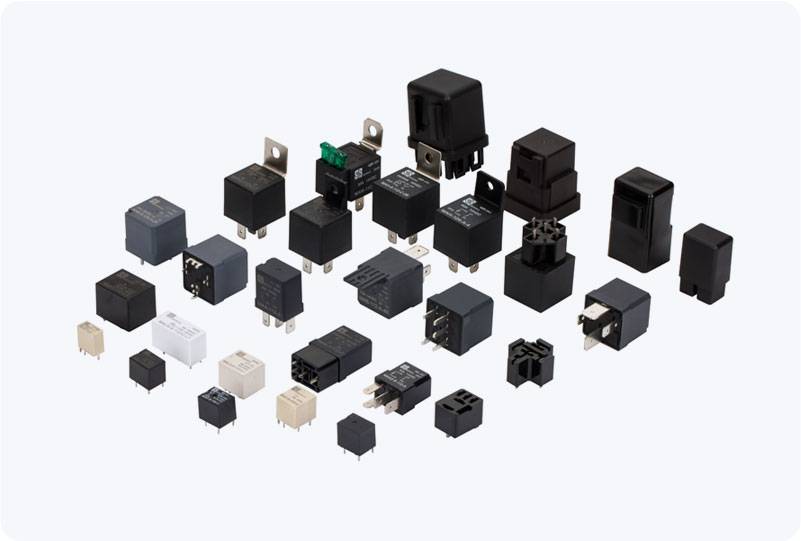An Industrial Timer Relay is a crucial component in automation and control systems, particularly in industrial environments. It combines the functions of a timer and a relay into one device, providing precise time-based control of electrical circuits. Timer relays are widely used to manage processes that require delayed action, such as controlling motors, lights, or other equipment in manufacturing, construction, and other industrial sectors. In this article, we will explore the working principle, key features, applications, and benefits of Industrial Timer Relays.

What is an Industrial Timer Relay? An Industrial Timer Relay is an electromechanical or electronic device designed to delay the operation of an electrical circuit or control system. This relay is typically used to switch on or off electrical devices after a set period. The delay can range from milliseconds to hours, depending on the timer’s design. The relay part of the device allows it to control external electrical circuits, while the timer function ensures that the circuit operates at the desired time. Working Principle The working principle of an Industrial Timer Relay is relatively simple. When the relay receives an input signal, it starts the timing process based on its pre-set delay. The timer can be adjusted to delay the activation or deactivation of the relay contacts. Once the delay is completed, the relay will either close or open its contacts, which will then control the connected circuit.